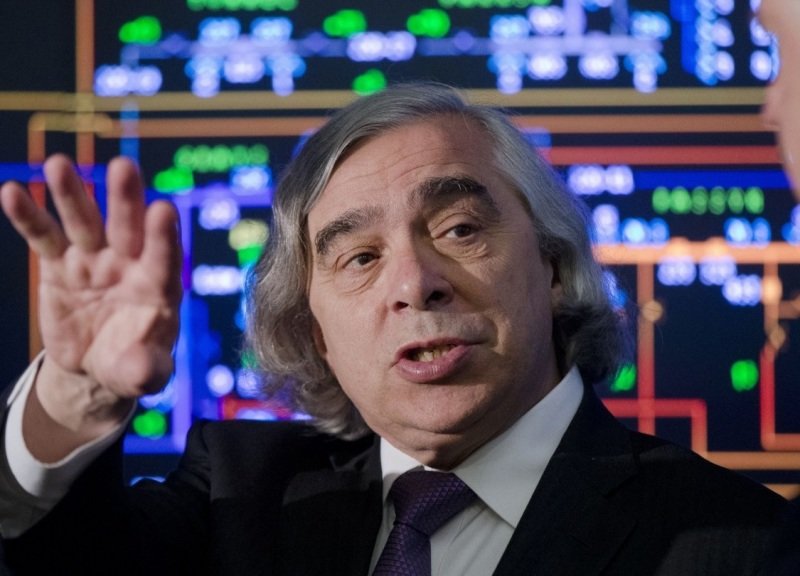Moniz: Abrogating nuclear deal will be a ‘very bad decision”

Ernest Moniz, the former U.S. secretary of energy, has said that withdrawing from the 2015 nuclear deal is a “very bad decision” which will isolate the United States.
“It [withdrawing from the nuclear deal] would ironically isolate the U.S. Because as long as Iran complies, the Europeans and others will continue to deal with Iran,” he said in an interview with Bloomberg published on Saturday.
He said that the Joint Comprehensive Plan of Action has turned out as he had hoped “in the sense that the International Atomic Energy Agency continues to provide the data that indicate full compliance [of Iran]”.
Iran, the European Union, Germany and the five permanent members of the UN Security Council - the United States, Britain, France, China and Russia - finalized the text of the nuclear agreement on July 14, 2015. The deal went into effect on January 16, 2016.
According to the nuclear deal, referred to as the JCPOA, financial and economic sanctions against Iran must be terminated in exchange for limits on Tehran’s nuclear activities.
The IAEA, as the UN watchdog body tasked to monitor Iran’s compliance with the terms of the JCPOA, has confirmed six times that Tehran has fully honored its commitments.
The U.S. administration said in April it was launching an inter-agency review of whether the lifting of sanctions against Iran was in Washington’s national security interests.
Reports indicate that President Donald Trump may refuse to certify Iran’s compliance with the JCPOA in October.
Last month, the president — after a long, drawn-out battle with his top national security officials — reluctantly agreed to certify the deal for the next three months. But according to a recent report in Foreign Policy, the president has assembled a special team of White House aides whose sole task is to figure out a way to claim that Iran is violating the deal. That way he can say it was Iran’s fault the deal fell apart, not his.
